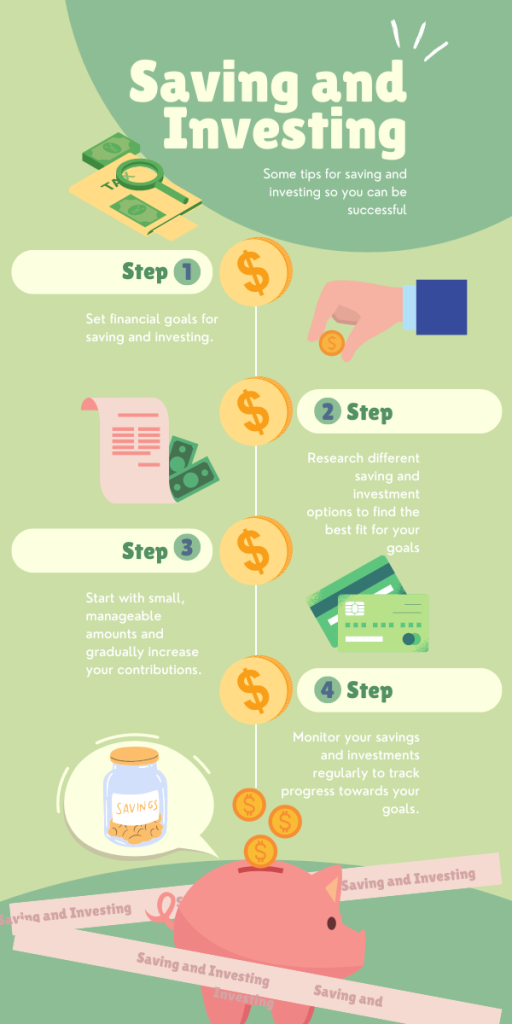The gaming industry has undergone a seismic shift with the emergence of play-to-earn (P2E) games. This revolutionary concept blurs the lines between entertainment and economic opportunity, promising players the chance to earn real-world value while indulging in their favorite pastime. But is it truly possible to make a living by playing games? Let’s delve into the world of P2E and explore its potential.
How Do Play-to-Earn Games Work?
At the heart of P2E games lies blockchain technology. This decentralized system (crypto 5) ensures transparency, security, and ownership of in-game assets. These assets, ranging from characters and weapons to virtual land, are often represented as non-fungible tokens (NFTs).
Players earn rewards in the form of cryptocurrency by completing various in-game tasks, winning competitions, or simply playing the game. These digital currencies can be traded on cryptocurrency exchanges, converted to fiat currency, or used to purchase other in-game items.
The Appeal of Play-to-Earn
P2E games have captured the imagination of millions due to several compelling factors:
- Economic Opportunity: In regions with limited job opportunities, P2E games offer a potential income source. Players can supplement their earnings or even build a full-time career around gaming.
- Ownership and Control: Unlike traditional games where progress and assets are often tied to a specific platform, P2E games grant players true ownership of their in-game items. This fosters a sense of investment and engagement.
- Gamification of Finance: P2E games introduce financial concepts in a fun and interactive way. Players learn about cryptocurrency, trading, and asset management while enjoying the game.
Challenges and Considerations
While P2E games hold immense promise, it’s essential to approach them with realistic expectations. Several factors can influence earning potential:
- Market Volatility: The value of cryptocurrencies can fluctuate significantly, impacting the worth of in-game assets and earnings.
- Game Economy: The economic dynamics of a P2E game play a crucial role. If the game becomes oversaturated with players, earning potential may decline.
- Skill and Time Investment: Many P2E games require a certain level of skill or dedication to achieve substantial rewards.
- Regulatory Environment: The legal landscape surrounding P2E games is still evolving, and regulations can impact the industry’s growth.
Is It Possible to Earn a Living Playing Games?
While some players have reported substantial earnings from P2E games, it’s important to remember that it’s not a guaranteed path to financial success. Factors like game selection, skill level, market conditions, and time investment all play a significant role.
For many, P2E games offer a fun and potentially lucrative way to spend their leisure time. However, treating it as a primary income source should be approached with caution.
The Future of Play-to-Earn
The P2E gaming industry is still in its early stages, and its future is full of possibilities. As technology advances and the regulatory landscape matures, we can expect to see even more innovative and rewarding games emerge.
Whether P2E games will revolutionize the gaming industry and become a mainstream source of income remains to be seen. However, one thing is certain: they have irrevocably changed the way we perceive the relationship between games and money.
As the P2E landscape continues to evolve, it’s essential to stay informed, conduct thorough research, and approach these games with a balanced perspective.








